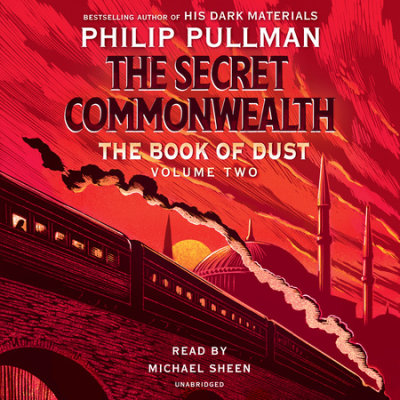This time of isolation is…interesting. My pre-covid strategies to stay sane involved piecing together as much interior time as possible. Work and other public times were, on a good day, things to be experienced, to be mined, and sometimes even enjoyed. It does not take long though for the weight of the quotidienne to become unbearable. Like you, I live in art, so the chance to spend a greater portion of my time on the inside of things has been not all bad. Good, even.
No, more than good. Vital.
This pandemic is showing everyone what many of us have been saying for years: the world is insane. I use that word, insane, very deliberately. Our culture, our way of existing together as a species, is for the most part, antithetical to our survival as a species. It is the very opposite of sane.
Despite all of the bad news, the uncertainty, the death running seemingly randomly, I am cautiously optimistic that things might change as a result of this. Mixed in to the noise of panic buying and the static interference of science deniers is a slowly dawning public realization that there are things more important than the economy. Perhaps, perhaps we’ll come out of this a bit more human.
Those of you who have already read the second book in Philip Pullman’s second trilogy about Lyra will already know where this is going. Before I get into that though, here’s a shout out to my local public library system. In 2014, the Edmonton Public Library (EPL) was named Library of the Year by the American Library Association, the first time a Library outside of the United States has won this award. And then again in 2015 the EPL was recognized by the American Library Association with two (another first!) awards: one for outreach programming and one for digital literary services.
Now that my kids are in their teens and we no longer go to our local branch daily for evening story time, my interface with the EPL is primarily digital through the Libby app. I am a big fan of audiobooks. While driving the kids to elementary school we listened to the entire “Chronicles of Narnia,” “Series of Unfortunate Events,” and many, many other great books – including the “His Dark Materials” trilogy.
If you haven’t yet read any of Philip Pullman’s work the first thing is, well, why not, where have have been for the past 20 years? and secondly, he may very well be the best writer working in English right now. Seriously, his craft is perfect, mind-boggingly perfect. His sentences are neither too long, nor too simple. There is no unnecessary ornamentation, nor are there any empty tropes or stock images or overused cliches. Technical perfection. And also narrative perfection. structure, pace, characterization, setting, everything. Perfect.

As with poetry, having well-written prose read aloud offers an additional, deliberate way to experience the text – but only when it is read really well. A poor performance will ruin otherwise perfectly serviceable prose. Fortunately for us, Michael Sheen is doing the audiobooks for this trilogy. Yes, that Michael Sheen. His performance is as flawless as the text. Let me state this explicitly: I strongly encourage you to listen to this book.
You used to be optimistic. You used to think that whatever we did would turn out well. Even after we came back from the north, you used to think that. Now you’re cautious, you’re anxious… You’re pessimistic.
And I strongly encourage you to listen to this book now. Be aware though, that this is not an easy, nor a comforting, read. This is no more a kids’ book than the first trilogy was. The story takes place seven years after we left Lyra on a bench in a garden. She’s an undergraduate student and much has changed, though nothing has changed.
Lyra’s world has gone on in much the same way ours has. Fundamentalism (religious, political, and intellectual) is seeping into every corner of public and private live, tainting everything with fear and doubt, eroding the foundations of the social contract and our very humanity. Lyra has changed. She is no longer the heroine with the clear sense of purpose and a conviction of what is right and what is wrong. She has lost her imagination. Pan leaves to go and find it. Lyra is cleft, alone. She doesn’t know what to do. Neither do we.
The analogies to our world are clear and deliberate throughout the book – as is the way we’re going to survive this. I hope.
